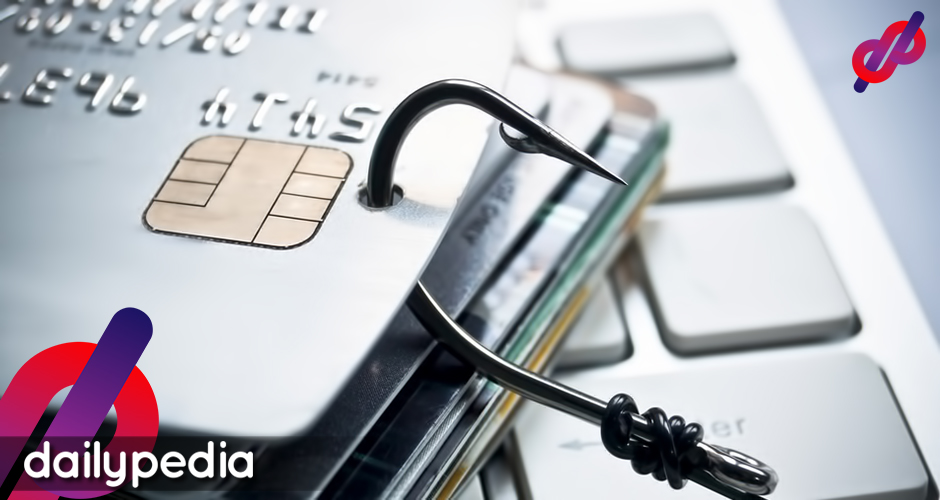From phishing to skimming, credit card scams are one of the most common schemes in duping people out of their money. And even during a pandemic these activities remain prevalent.
Commission on Population and Development (POPCOM) Commissioner Dex Galban on Facebook shared a “new” credit card scam that people should look out for.

In a December 2 post, Galban said he received a call from a woman who claimed to be working for Citi Philippines and sounded “legit.”
She told Galban that “the company was rolling out a new card design with enhanced security features, specifically a dual-chip card” and that he was “eligible for a lifetime waiver of my annual fee.”
As someone who is familiar with scams, Galban waited for the woman to confirm his personal information before confirming anything.
She didn’t even sound like a scammer and Galban felt secured after she correctly confirmed his full name, home address, and even his mother’s maiden name.
The “first red flag” came when she incorrectly stated the four digits that are supposed to reflect the first four digits on his card. She then asked him once more to identify his identity.
“She claimed that the system may have not properly reflected the shift to the new card number.” he said.
“While it sounded like your typical credit card customer service representative interaction, being notified about a possible discrepancy in the system via a phone call seemed off.” he added.
But he gave her the benefit of the doubt and revealed his credit card number.
“However, given that my card was changed recently as part of the usual replacement system for expiring cards, the throwaway explanation seemed plausible.”
NEW CREDIT CARD MODUS / SCAM
.
Today, I received a call from a woman claiming to be a representative from a credit card…Posted by Dex Galban on Tuesday, December 1, 2020
The representative then asked again if he had a credit card that contains the four digits she mentioned earlier. He just told her he didn’t.
“She then tried to reassure me that upon verification, the card number I provided was eligible to have its expiry date extended by 5 years, and that the annual fee for the year was waived in light of the COVID-19 pandemic.”
She said that he’d be given a new 3-digit “batch code” but first needs to confirm his current batch code. It was Galban’s first time to hear about a batch code, which was just the Card Verification Value (CVV).
He didn’t give up his CVV because this was unprecedented, but she said it was needed to “record a “verbal prompt” for authorization.”
She then gave him a reference number so he can “verify the legitimacy of the call.” The scammer explained that if he refused to give up his CVV then his card will get “blocked” for two to three months.
“I reiterated that I had reservations about disclosing such information and that I didn’t mind having my card blocked for that period of time. I asked why outright canceling my card and issuing me a new one was not an option. She responded that it may cause me to forfeit all of my earned rewards points.” he said.
Galban asked for an email verification or SMS prompt but she didn’t have authority to do so. The scammer then dropped the call after he asked for her name.
“Fifteen seconds later, she called back and apologized for the disrupted phone call. Then, she promptly asked again if I was sure about my refusal to proceed. When I agreed, she asked me if I had any other concerns regarding the use of my card.” he shared.
Galban’s credit card company told him that the representative was a scammer.
“Even the actual (real) customer service representative was surprised by the thoroughness and believability of the attempt. For my security, she then promptly blocked my card and promised to issue me a new one within a few days.”


